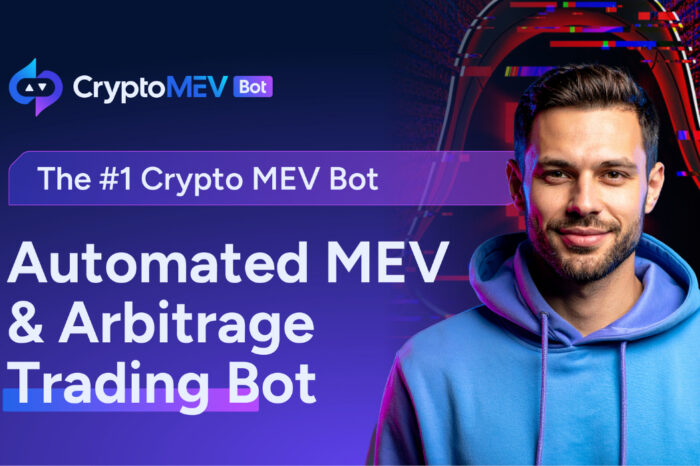Goldman Sachs and BNY just launched Tokenized Money Market Funds

As a first step in bringing Wall Street’s safest asset onto the blockchain, Goldman Sachs and BNY Mellon are teaming up to launch digital tokens that mirror shares of money market funds. The move deepens Wall Street’s push to blend traditional finance with blockchain infrastructure—this time with the kind of asset that usually sits at the quiet, conservative end of the financial spectrum.
Now, investors using BNY’s LiquidityDirect platform can buy and sell money market fund shares, with a corresponding digital record of those shares created on Goldman’s blockchain-based system, Reuters reported. The goal: streamline transactions, speed up settlement times, and make these funds easier to use as collateral. Both firms confirmed the rollout on Wednesday.
This isn’t some fringe crypto experiment. In 2023, banking giant JPMorgan rolled out its first tokenized blockchain collateral settlement platform for clients. Called the Tokenized Collateral Network (TCN), the in-house system converts traditional assets into digital tokens—making on-chain settlements faster and more secure. With Goldman and BNY now stepping in, tokenization is picking up steam inside some of the most conservative corners of finance.
Wall Street’s Blockchain Bet: Goldman and BNY Launch Tokenized Fund Shares
And they’re not alone. Heavyweights like BlackRock, Goldman Sachs Asset Management, Fidelity, Federated Hermes, and BNY’s Dreyfus are already in. They’re betting tokenization could eventually overhaul the plumbing of asset movement—starting with the instruments that corporate treasurers and institutions rely on to park billions in low-risk cash equivalents.
Other firms have also started testing the waters. Back in January, Apollo joined forces with tokenization platform Securitize to build a feeder fund that routes crypto-native capital into its global credit fund. The goal across the board is to give blockchain a functional role in how traditional assets are issued, transferred, and managed—not just as an abstract idea, but as infrastructure.
Supporters believe tokenization could unlock more flexibility and access, especially for asset classes that have long been restricted to institutional players. Chris Perkins, president of crypto investment firm CoinFund, said: “We’re at the precipice of doing something very special, and that’s really the democratization of markets.”
That optimism has gained momentum as crypto sentiment rebounds and policymakers begin carving out clearer rules, including the recent passage of the Genius Act. Still, some critics are wary. They argue tokenization might be used to sidestep investor protections, or raise questions around consent—like when OpenAI pushed back after Robinhood launched tokens linked to its private shares without approval.
This experiment from Goldman and BNY doesn’t answer all the big questions. But it signals that tokenization is no longer a theoretical discussion—it’s starting to hit the ground inside some of finance’s oldest institutions.




